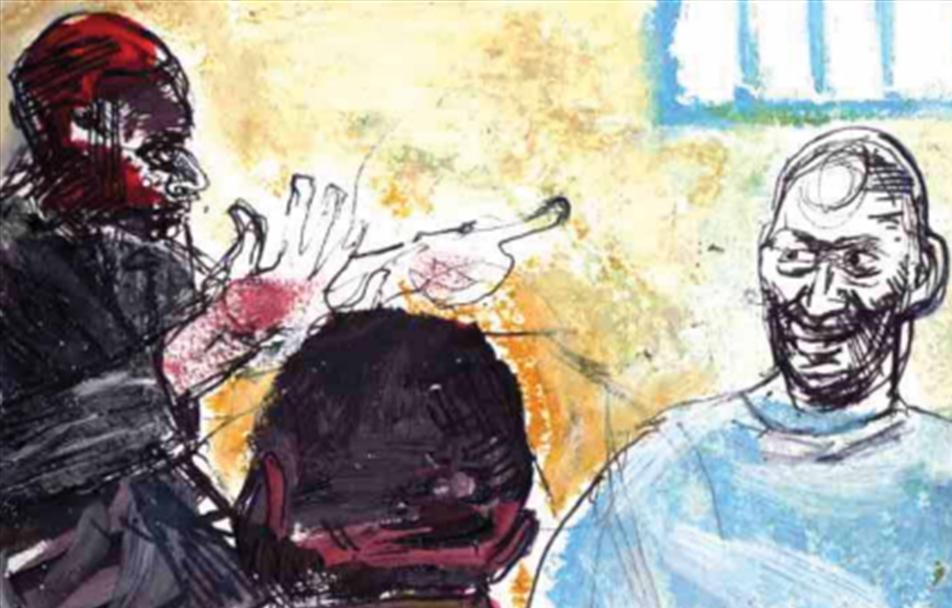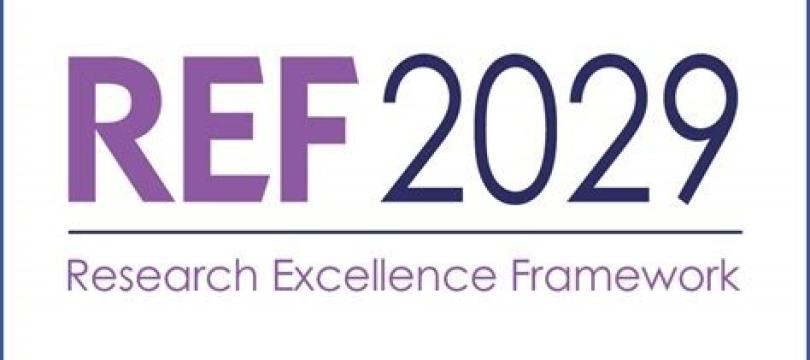Prison reading groups
Prison Reading Groups (PRG) promotes the spread of reading groups in prisons and provides advice and support to those who run them.

University of Roehampton
Prison Reading Groups (PRG) promotes the spread of reading groups in prisons and provides advice and support to those who run them. It began in the year 2000 with four reading groups and now supports more than 40 groups across the UK, impacting on more than 200,000 prisoner hours since 2010. The project has several aims including improving levels of literacy amongst prisoners, empathy with the lives of others through reading, critical self-reflection, connectedness with other prisoners and other cultures beyond prison. It was developed following research into reading groups (published as Hartley, Reading Groups, OUP 2001), which highlighted the benefits of reading groups.
A key philosophy underpinning the project is the enabling of choice, aiming for as much choice as possible for group members, prison librarians and volunteer group facilitators, including how groups operate and what members read. Groups are tailor-made to fit their circumstances: meeting weekly, fortnightly or monthly, read-aloud groups for emergent readers, audio groups for the visually impaired. The focus is on reading for pleasure, as many members have bad experiences of education, and therefore no certificates or prizes are awarded. Members of the groups are self-selecting and can vote with their feet at any time.
The project is evaluated through questionnaires and interviews of prisoners, volunteers and prison personnel. Comments from prison members are frequently positive and allude to some of the benefits that the project can bring:
“Books allow you to escape these walls for hours at a time; but it’s also great to be involved in an active discussion.”
“My daughter is doing English and I have been able to discuss things with her, it gives me pointers for how to discuss books”
Prison Reading Group is positively endorsed by John Hayes, Minister of State for Further Education (2012) and praised in HMIP Report 2013. Internal and external partnerships flourish via our e-list for our facilitators, librarians, publishers and supporters; it is open to anyone interested in our work that wishes to join. We hold annual workshops to share best practice and encourage new thinking. We give papers and publish articles drawing on our knowledge and experience, and have compiled a full report, What Books Can Do Behind Bars (2013).
Prison Reading Groups won the Art, Design and Culture category award in the NCCPE's Engage Competition 2014.
